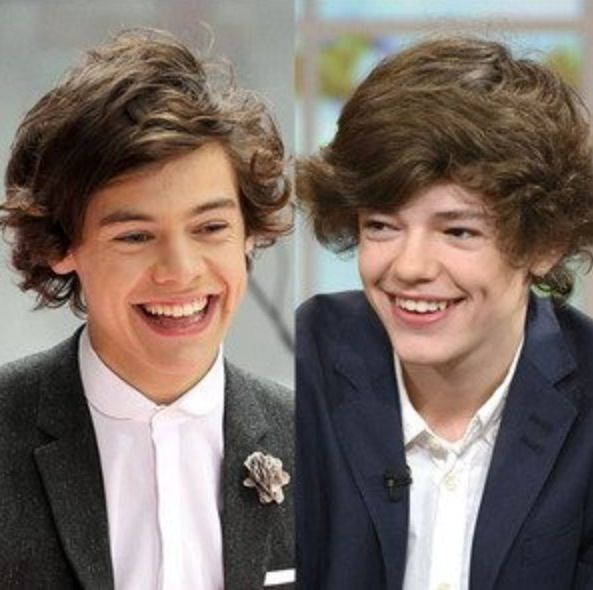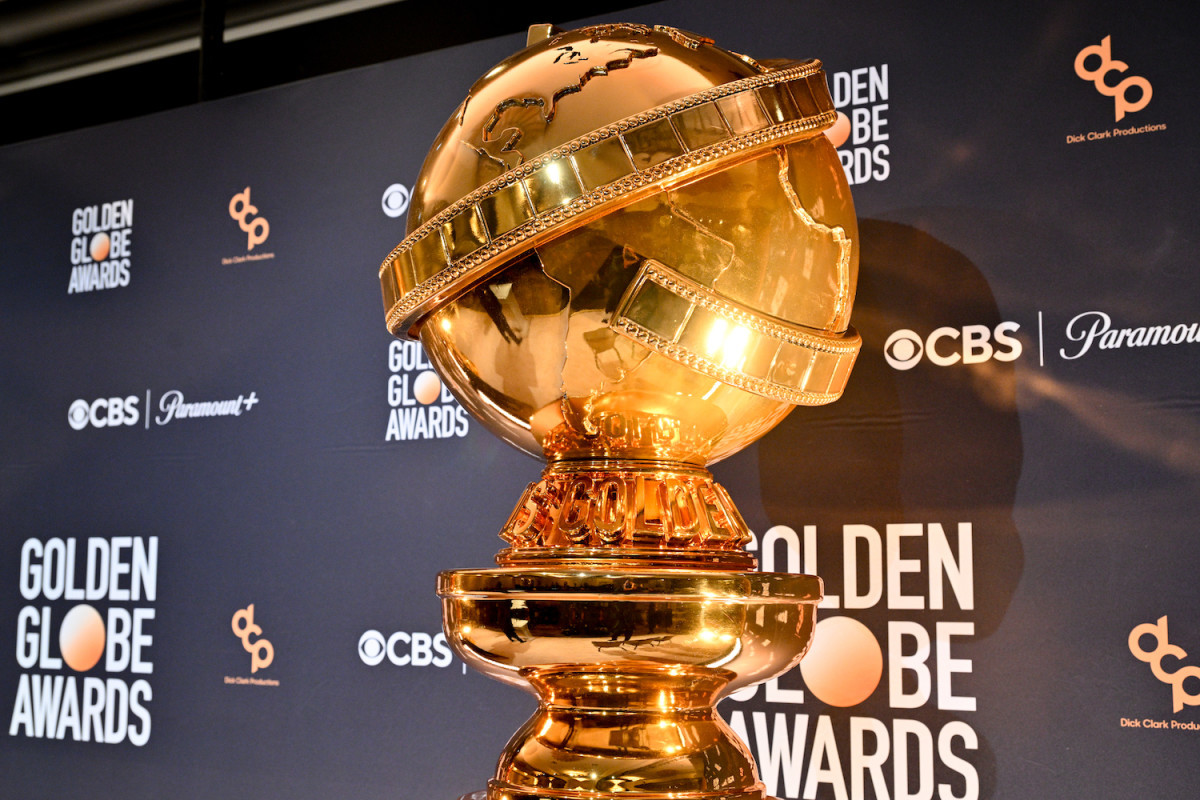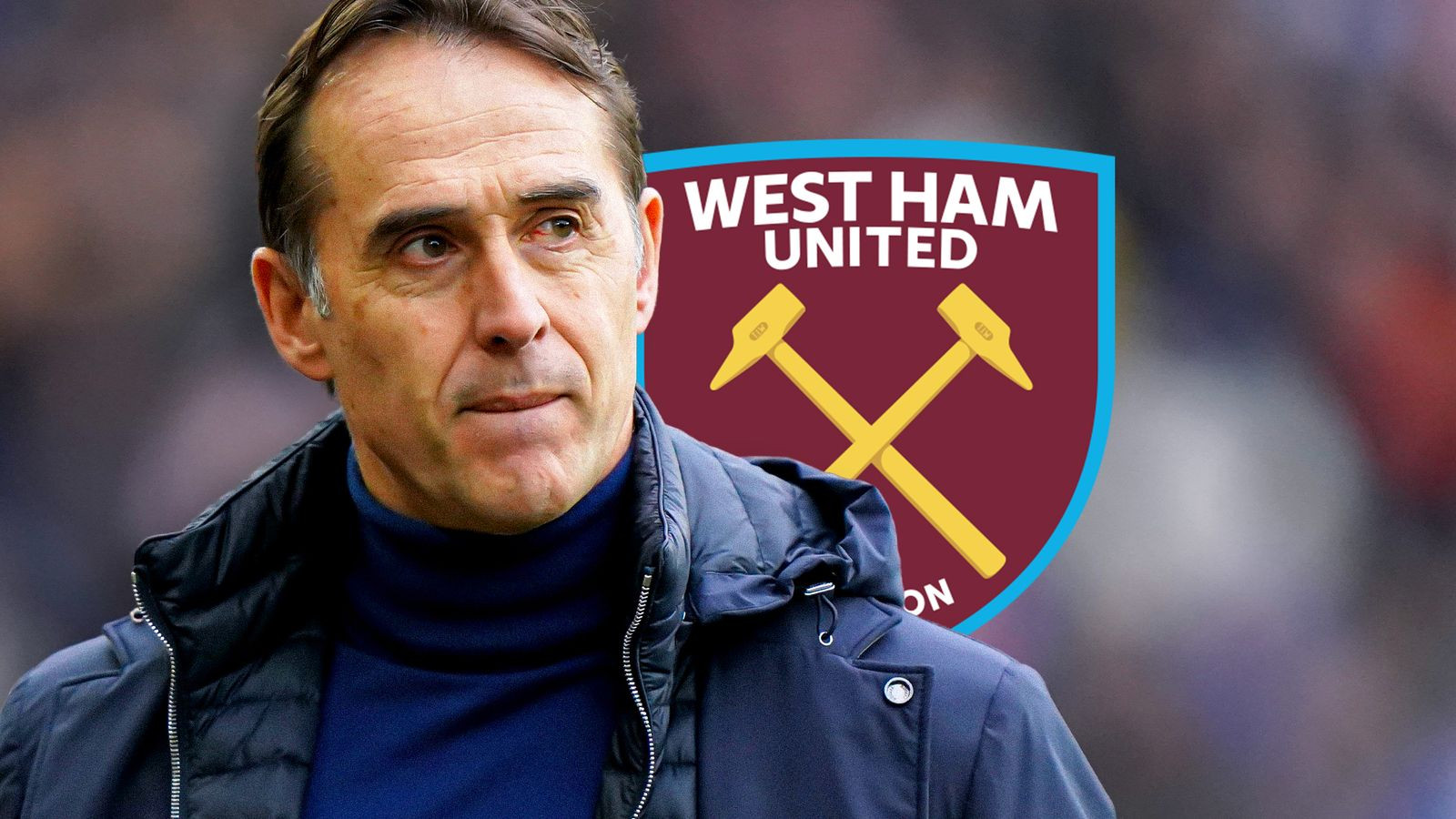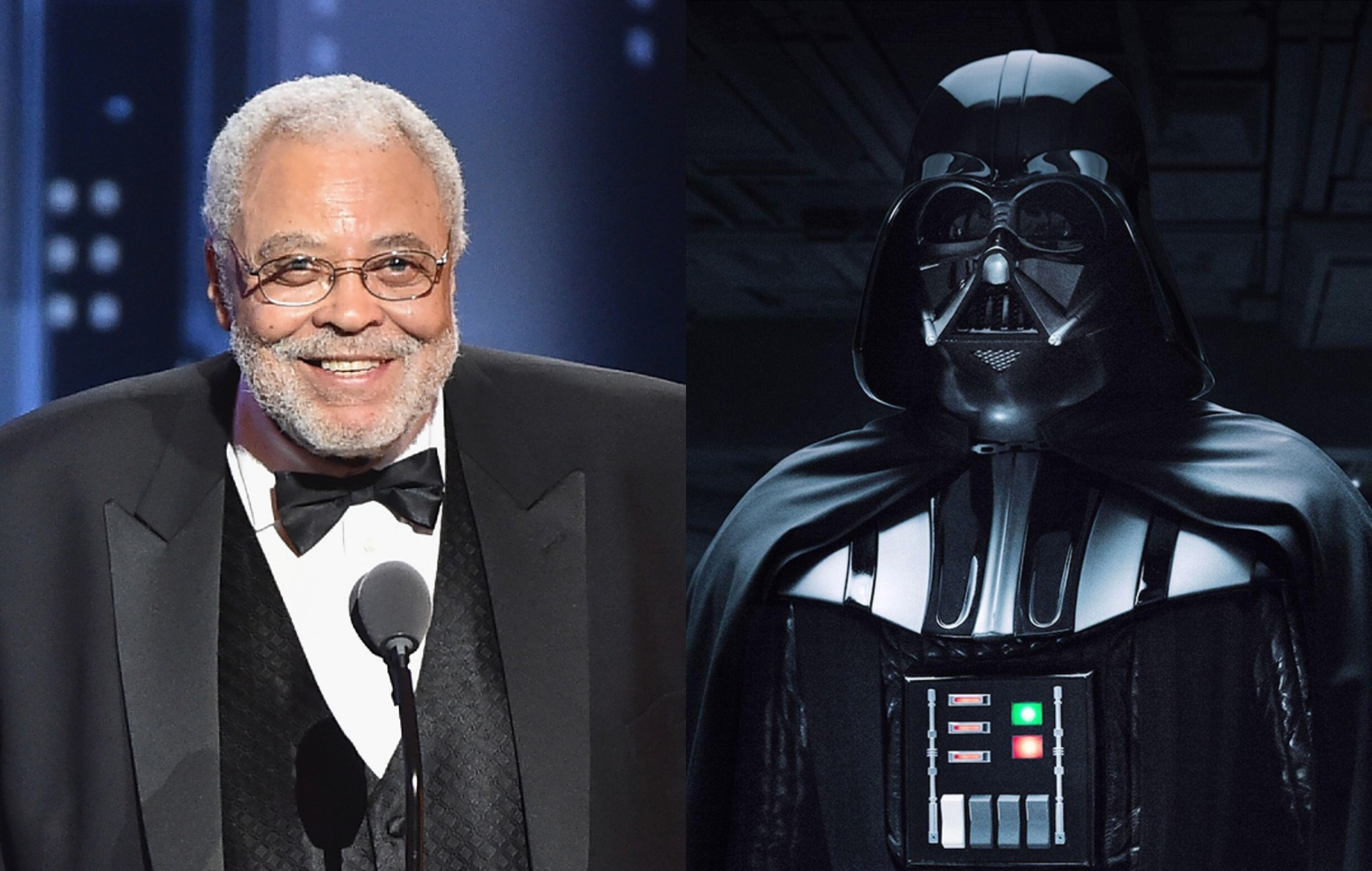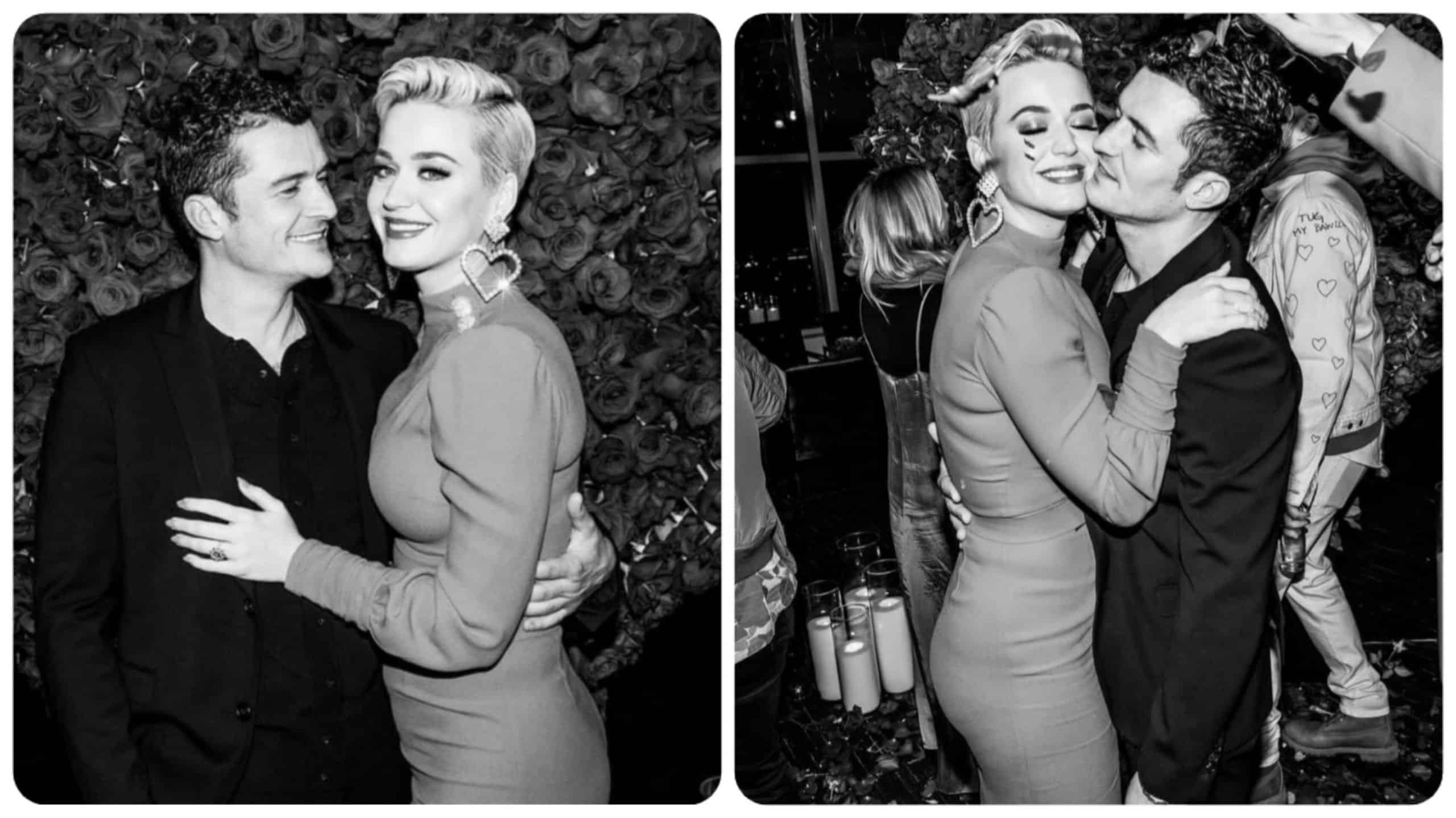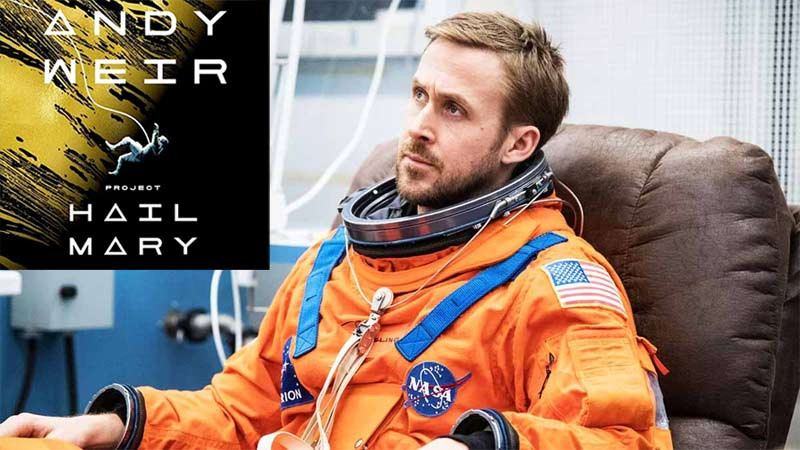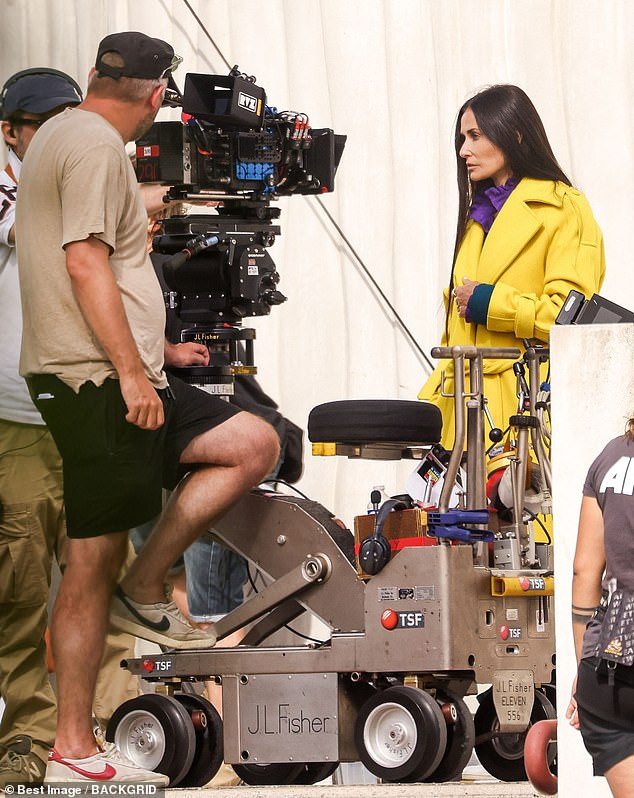Something strange is happening. All around the world, in areas large enough for people to congregate in their masses, we are being overtaken. The spread is fast and insistent, and cannot be explained by logic or science. Which is to say: where the hell did all these lookalike competitions come from?
Barely two weeks have passed since a Timothée Chalamet lookalike competition was held in New York City. You will have heard of this lookalike competition, because it’s the lookalike competition that was attended by Timothée Chalamet himself, turning an occasion that threatened to become vain and self-indulgent into something that was inarguably vain and self-indulgent.
But this was just the tip of the iceberg. Since then, cities have been hosting celebrity lookalike competitions in greater and greater numbers. On Thursday, Dublin held a Paul Mescal lookalike competition, attracting several handsome young men who all looked a bit like they burgle cars at night. Two days later, London held a Harry Styles lookalike competition, attracting a number of young men who had nothing in common except their dazzling array of terrible haircuts. A day later, San Francisco held a Dev Patel lookalike competition, proving conclusively that not many people in San Francisco look like Dev Patel.
Clearly, this is just the start. As the trend catches on, it’s all but guaranteed that more and more celebrity lookalike competitions will spring up. And, on the basis of the ones we’ve already seen, it’s fairly certain that they will exclusively be for pretty boys with dark hair and pinched features. A Jeremy Allen White lookalike competition is an inevitability. How many Finn Wolfhard lookalike competitions are happening around the world as we speak? Five? Twelve? A million? It’s impossible to say.
Maybe this – the hard focus on what we used to call Hot Rodent Summer celebrities – is the root of my scepticism here. I cannot take these lookalike competitions seriously because I simply do not have the genetic profile to enter one. Where are the celebrity lookalike competitions for bald middle-aged men like me? Where’s the lookalike competition for the guy from The Shield? Where’s the lookalike competition for Vin Diesel’s less impressive cousin? Where’s the lookalike competition for the man from Clickhole’s ‘The Worst Person You Know Just Made A Great Point’ meme. Surely, without diversity like this, the trend will die.
But what is causing this outbreak of doppelgänger contests? It’s hard to say for sure, but there are a handful of competing theories as to why the worst category of terrible holiday camp talent shows is suddenly right at the vanguard of the zeitgeist. In no particular order, here they are.
Theory one: they are being organised by talent agencies – right now, the quickest way to make global headlines is to be the subject of a lookalike competition. Perhaps, just perhaps, they are cynically being organised to deliberately boost the profile of the celebrities in question. After all, a lineup of people who look a bit like, say Harry Styles, achieves two main objectives. First, it reminds everyone that Harry Styles is an influential style icon. Second, it reminds everyone that Harry Styles is the least weird-looking person who looks like Harry Styles. It’s even better if, like Chalamet, the star actually shows up. Better still if, like Chalamet, the star doesn’t have an explosive existential crisis in front of everyone after seeing what their abiding legacy will be.
Theory two: it’s just a bit of fun. You don’t need to be told that these are dark times. The world finds itself in a state of dark uncertainty, and collective anxiety is through the roof. Perhaps, faced with such horrors, it’s only natural for people to dress up as Willy Wonka and for the most pointless reason imaginable. It can be no surprise that these contests only started after the general election. It feels a bit like political totalitarianism being met with aggressive whimsy, the same way that French students met the spectre of class discrimination with situationism. The world is burning, so why not wear a crap tracksuit and tell everyone that you’re Paul Mescal?
Theory three: it’s an anti-AI protest. We live in an age where anyone can make themselves look like anyone online. Social media is drowning with deepfakes, from politicians on X to Tom Cruise on TikTok. It’s creepy and it’s cheap, so perhaps these lookalike contests are a form of human protest. After all, when anyone can click a mouse and instantly resemble anyone of their choosing, maybe there’s a newfound cachet in just organically looking a little bit like someone else. Maybe these lookalike competitions are a fight to keep humanity’s soul. Maybe this is how we beat the machines.
Theory four: young people are stupid and will do anything for attention. Actually, yes, let’s just go with this for now.
Harry Styles doppelgangers flocked to London’s Soho Square on Saturday to show off their best impressions of the “Watermelon Sugar” singer — for a grand prize of £50.
It’s the most recent in a string of so-called lookalike contests, which kicked off with Timothée Chalamet in New York (where the actor himself made a surprise appearance) and continued this week with a Paul Mescal event in Dublin, Ireland.
There were 12 total Styles lookalikes that entered the contest, which was organized by journalist Katrina Mirpuri and started making the rounds on social media on Thursday. After the news got picked up by popular X account PopCrave, Mirpuri knew people would show up — but she didn’t expect it to attract such a big crowd, which amounted to at least 100 spectators and consisted mostly of young women.
“I saw [the Chalamet contest] happening in New York and I thought, ‘Wow, that is so cool, people look like they had such a good time.’ And Paul Mescal in Dublin, I was like, ‘OK, buzzing, hilarious,'” Mirpuri told Variety. “But London, come on, we gotta one-up them. And I just took it upon myself.”
The Harrys were judged by an esteemed panel in four categories: best style, hair, overall lookalike and worst lookalike. Though the grand prize was £50, beer and wine were awarded to the other categories, and the best hair winner received haircare products from the brand Wavy to maintain their curls.
Despite sharing some similarities, the Styles clones covered a broad spectrum of what looking like the singer could mean — there was a blonde Harry, a silver fox nicknamed “Daddy Harry” and three non-male competitors in the mix. As the contest was gearing up to begin, a lookalike donning a mask, pink beanie and hooded sweatshirt snuck through the crowd, leading some to believe that it was Styles himself — alas, it was another copycat dressed as the singer hiding from paparazzi. There were also entrants who simply did not resemble Styles one bit. But the contest was all in good fun, as Styles’ hits like “Watermelon Sugar” and “As It Was” prompted singalongs throughout the square.
Keenan Gregor, 32 — also known as blonde Harry — had just flown into London from Toronto when he heard about the contest from his girlfriend. “My whole life I’ve been told I look like Harry,” he said, adding: “My natural hair color is more brown.”
The judges and crowd did not necessarily agree, as he was not among the winners. However, Gregor — who works in the film industry and is also a musician — said what was most important to him was the community aspect of the contest.
“He’s out here being iconic, why can’t we all?” he said. “I love how he approaches music so fearlessly.”
Daddy Harry, aka 36-year-old Andy Bradley, earned some of the biggest cheers from the crowd. “As long as there’s no boos, that’s the main thing,” he said with a laugh.
Bradley used to work at the London storefront of Styles’ brand Pleasing, and would get “bombarded” with people asking for photos and telling him he looks like a mix of Styles and One Direction bandmate Louis Tomlinson. Despite not winning a prize, Bradley is walking away with a renewed sense of “love for Harry,” he said. “I love his music, I’m a fan and I’m looking forward to his new album.”
As the contest went on, two clear frontrunners emerged — Oscar Journeaux, who went for a “cozy” Styles look in a brown leather jacket and scarf, and Mitch Rothwell, who was full red-carpet glam with a red tweed jacket and pearls. Both possessed Styles’ messy curls, doe-like eyes and charming dimples. Rothwell was declared the runner-up, while Journeaux claimed his victory as the ultimate Styles lookalike.
Speaking to Variety after his win, Journeaux said when he had longer hair, he would get told he looked like Styles “every day.”
“I missed a train once because somebody made me give them an autograph,” he said. “I tried to convince him I wasn’t [Styles], but he wasn’t having it.”
Journeaux’s plan for the prize money is to buy a new guitar pedal. He’s the co-frontman of the band Parlay, and unashamedly admitted that part of his strategy for showing up to the contest was to get the word out about his own music.
“That was part of my ambition here,” Journeaux said. “I hope it works!”
Journeaux is one of the many contestants who joined in on the fun of a growing trend of celebrity look-alike contests.
The celebrity look-alike trend has been driven by Gen Z, with a string of low-stakes competitions taking place in the UK and US following a demand for 'fun, innocent, free things to do' among youngsters.
A recent Harry Styles doppelganger contest was held in London's Soho Square on Saturday, with several hundred people in attendance.
Organiser Katrina Mirpuri, a 29-year-old journalist, was inspired by two recent events themed around actors Chalamet and Paul Mescal.
With a panel of judges, 22-year-old Oscar Journeaux was crowned the best Harry Styles lookalike and took home a £50 reward.
While the internet allows anyone to create a digital image of themselves as any celebrity, there's a certain charm to the organic resemblance found in look-alike contests. Maybe this is how we beat the machines.
The trend isn't limited to London, though. Other cities around the world have hosted their own contests with various celebrities. It's a trend that's only expected to grow as it provides a fun and free way to bring people together. It's also a way to celebrate our shared obsession with celebrities, which is arguably part of the human condition.




